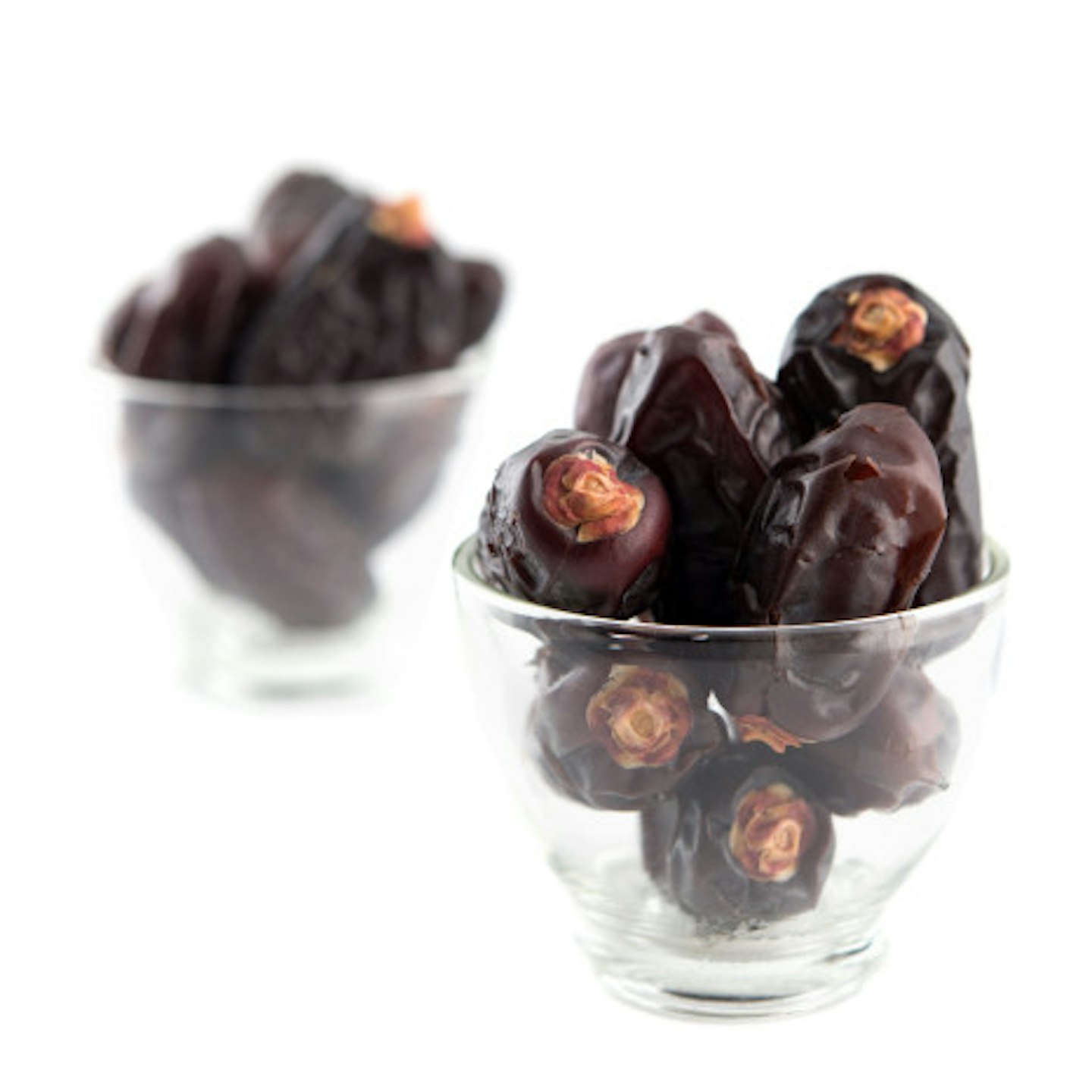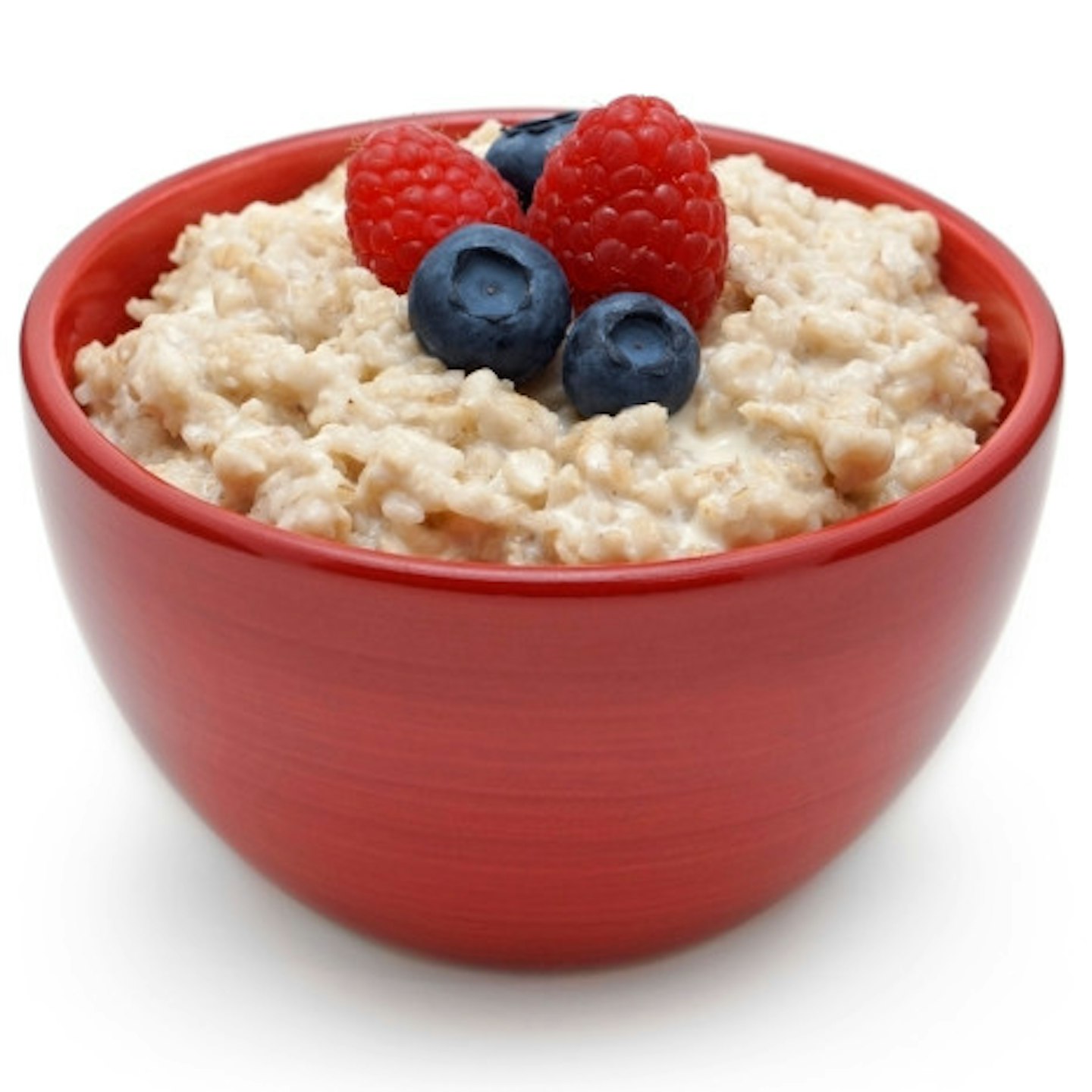FIRST THINGS FIRST, WHAT IS RAMADAN?
Ramadan is observed by Muslims worldwide as a month of fasting to commemorate the first revelation of the Quran to Muhammad according to Islamic belief.
The fast (sawm) begins at dawn and ends at sunset each day, so Muslims will not eat or drink during daylight hours.
This annual observance is regarded as one of the Five Pillars of Islam.
WHEN DOES RAMADAN TAKE PLACE?
Ramadan takes place in the ninth month of the Islamic calendar, and lasts for 29–30 days based on the visual sightings of the crescent moon.
IS FASTING HARMFUL WHEN A WOMAN IS PREGNANT?
According to the NHS, there is some medical evidence to show that fasting during pregnancy is not a good idea - and it is particularly unsafe for pregnant women who have diabetes to fast, as it can wreak havoc with your blood sugar levels.
However, if a pregnant woman feels strong and healthy enough to fast, she may do so.
Make sure you visit your midwife or GP for a checkup before making any decisions.
DO I HAVE TO FAST?
Islamic law gives pregnant women clear permission not to fast if they feel they are unable to do so.
This means that, if you feel unwell, or you fear fasting could harm your baby, you can choose not to fast during Ramadan and instead perform fidyah (a method of compensation for a missed act of worship, such as paying for someone to be fed).
One woman explained: “I am muslim and currently 8 months pregnant. I am currently not fasting but am planning to make up these 30 days when I am able.
“Fasting for us helps us realise how fortunate we are. It’s a very rewarding month and always strengthens my faith every year.”
If you are still unsure as to whether or not you should fast, consider a trial day to see how you feel, and then return to your GP or midwife.
They should be able to advise you on the best course of action.

HOW WILL MY BODY COPE WITH FASTING?
If your weight and lifestyle are generally healthy you are likely to cope better with fasting. Your baby needs nutrients from you, and if your body has enough energy stores, fasting is likely to have less of an impact.
How your body will cope with fasting will also depend on:
The temperature (fasting during the summer is likely to be harder work than it would be during the winter).
HOW SHOULD I PREPARE FOR FASTING?
It is a very good idea to plan ahead if you intend to fast for Ramadan during your pregnancy.
You should endeavour to:
WHAT SHOULD I EAT WHEN I BREAK MY FAST?
Choose a variety of healthy foods and have plenty to drink at Suhoor (pre-dawn meal) and Iftar (meal taken at dusk).
Top tips:

WHAT ELSE CAN I DO TO MAKE FASTING EASIER?
Lack of food and water, changes to routine, and shorter periods of sleep can cause some stress.
The NHS advise: “It’s important to deal with any potential sources of stress to stop any harmful effects.
“This can be helped by not taking on more than you can handle, not playing sports in the hot sun, controlling your anger and not smoking.”
They also suggest that women keep themselves cool, to minimise risks of dehydration, avoid walking long distances, cut down on housework or any tiring activities, and plan regular rests throughout their day.
They add: “Headaches can also be prevented by not exposing yourself to direct sunlight, wearing a hat when out, using sunglasses to reduce the effect of glare from the sun and relieving any tense muscles with a short, gentle massage.“
Muslims also advise that pregnant women eat a light meal between Iftaar (the meal at sunset) and Suhoor (the predawn meal).

WHAT WARNING SIGNS SHOULD I LOOK OUT FOR WHILST FASTING?
Inform your doctor or midwife as soon as possible if:
Contact your doctor or midwife immediately if:
AND FINALLY:
As the Productive Muslim states: “Remember what Allah subḥānahu wa ta'āla (glorified and exalted be He) says to us in Surah Al-Baqara when telling us about Ramadan.
“‘Allah intends for you ease and does not intend for you hardship” [Qur’an: Chapter 2, Verse 185]’.
“If you can fast, take care of yourself and your baby. On the other hand, if you find that it is too difficult, give thanks to Allah subḥānahu wa ta'āla (glorified and exalted be He), for he has given you a special gift: to make up these days later.”
